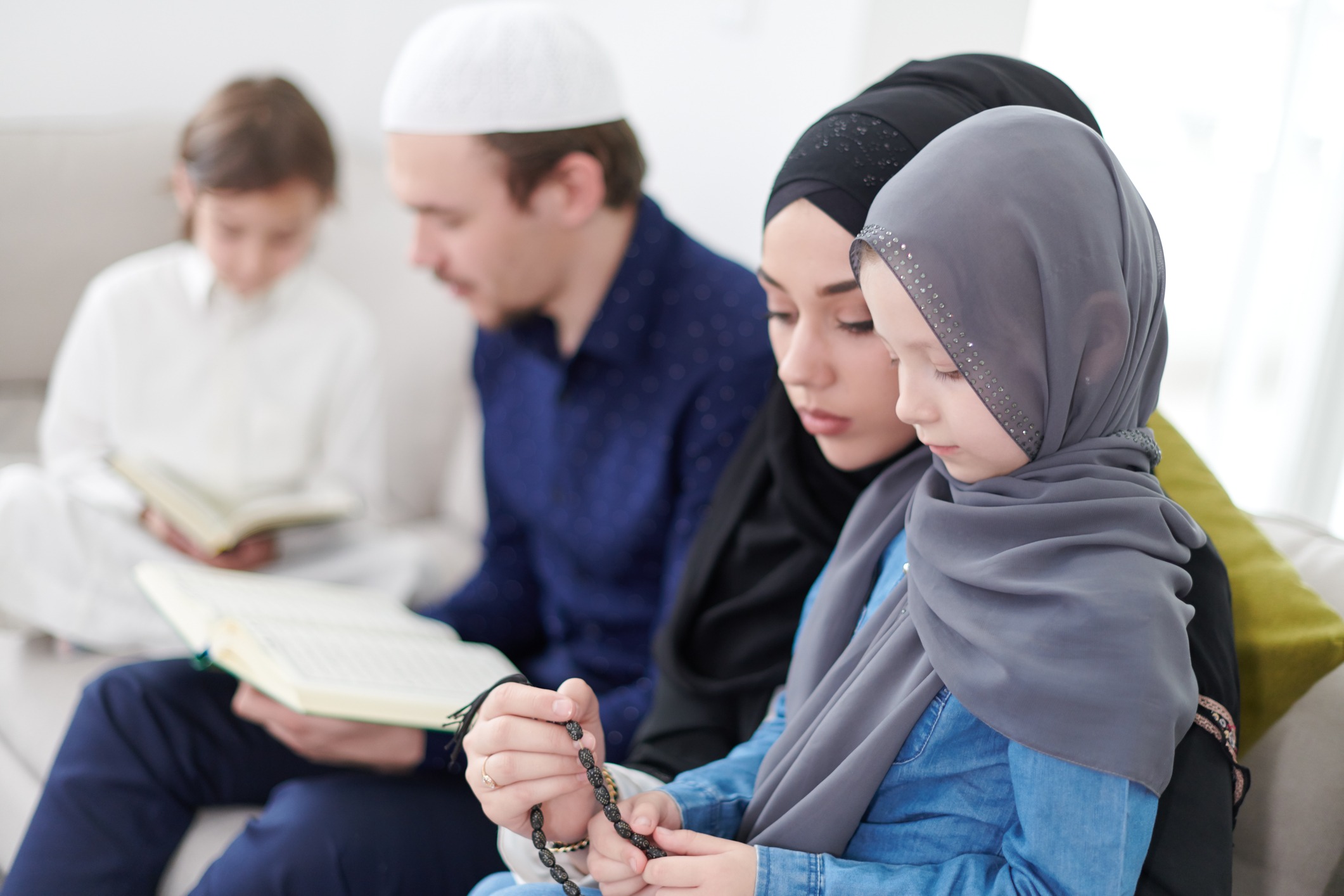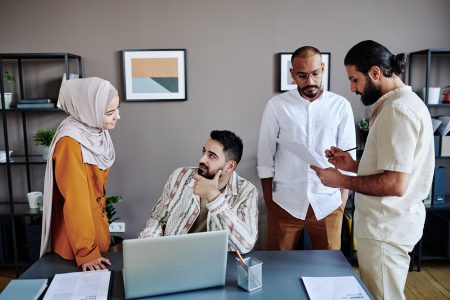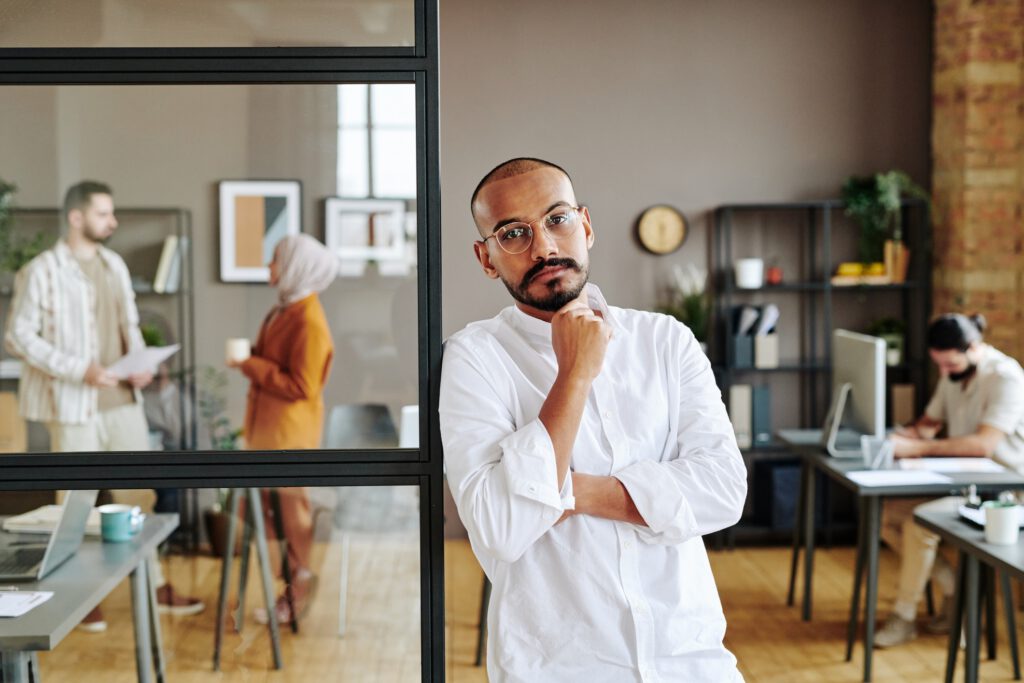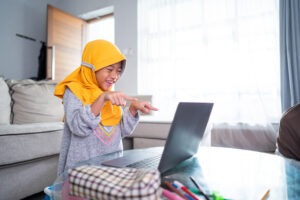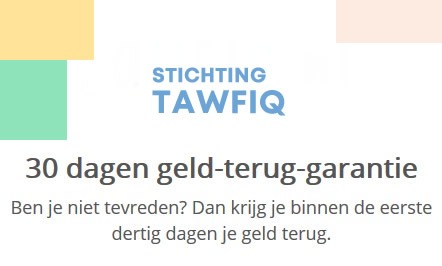-
Islamic knowledge, education and training
- How Islamic educational philosophy influences the way children are raised in a multicultural society.
- The different ways in which Muslim parents can help their children deal with cultural differences in a multicultural society.
- How Muslim Parents Can Help Their Children Navigate Between Two Cultures in a Multicultural Summary.
- The challenge of finding fair balance between traditional and modern values in raising children in a multicultural summary.
- How Muslim parents can help their children learn to interact respectfully with other cultures and religions in a multicultural environment
“Educating with respect: the Islamic way to create a harmonious multicultural society.”
Parenting in a multicultural society is a complex task. There are different cultures, religions and values that all influence the way parents raise their children. One of these cultures is the Islamic culture, which has its own unique perspectives on how children should be raised. In this article we will look at what these perspectives are and how they can help create a harmonious home environment for children from different cultures. We will also discuss how parents can help their children navigate the same society with different normative values and expectations.
How Islamic educational philosophy influences the way children are raised in a multicultural society.
In a multicultural society, different cultures have their own parenting philosophies. Islamic educational philosophy is no exception. It influences the way children are raised because it forms the basis for many of the values and norms that are taught.
Islamic education is about respect, discipline and responsibility. Parents teach their children to show respect for other people, regardless of their religious or cultural background. They also learn that they are responsible for their actions and that they should listen to authority figures such as teachers or older family members. Children are taught to behave according to the rules of Islam, which means not to lie, steal or do other bad things that contradict what is written in the Quran.
Parents also try to help their children develop good character traits such as compassion and tolerance toward those who think differently. They want to help them understand how important it is to treat each other with respect and how important diversity can be in any cohesive community. Parents also try to help their children understand how important religious beliefs can be as a fundamental value in any cohesive community.
In short, through Islamic education, children can learn about respectful behavior towards those who think differently, tolerance, responsibility, compassion and religious beliefs. These types of lessons allow them to have a greater understanding of different cultures as they grow up in any multicultural cohesive community.
The different ways in which Muslim parents can help their children deal with cultural differences in a multicultural society.
Muslim parents can help their children deal with cultural differences in a multicultural society by teaching them to be respectful and open-minded. They can encourage their children to explore other cultures, for example by going to festivals or events of other cultures. They can also teach their children how to talk about other cultures with respect, and how to understand the different normal customs and values of other cultures.
In addition, it is important that parents teach their children that every person is equal, regardless of origin or religion. They should encourage them to build friendly relationships with people from different backgrounds so that they can have a better understanding of each other. It can also be useful for parents to take their children to places where many different nationalities are brought together, such as libraries or sports clubs. This helps the children to make real contact with people from diverse communities and thus build a greater understanding of each other's cultures.
Finally, it is important that parents encourage open communication between them and their child about what is happening in the world around them so that they can better understand what is going on in the society in which we live. Discussing things like news items with your kids can help increase their intercultural awareness and empathy towards other cultures that we encounter every day.
How Muslim Parents Can Help Their Children Navigate Between Two Cultures in a Multicultural Summary.
Muslim parents can help their children navigate between two cultures in a multicultural summary by teaching them how to respect both cultures. They should encourage their children to understand the values and norms of both cultures so that they can use them to make fair and responsible decisions. Parents should also be open to discussions on various topics, such as religion, politics and culture. By creating a safe space where children can express their opinions, the process of navigating between two cultures can be made easier. Parents should also encourage their children to be actively involved in activities that relate to both cultures, such as festivals or events organized by local community organizations. This helps them with the developmental process necessary to confidently navigate two different worldview situations.
The challenge of finding fair balance between traditional and modern values in raising children in a multicultural summary.
Raising children in a multicultural society can be a challenge. It is important to look for a fair balance between traditional and modern values. This means that parents should try to teach their children about the values they have learned, while also being open to new ideas and perspectives.
To find this balance, it is important that parents teach their children to treat other cultures and traditions with respect. For example, parents can help their children understand how different cultures have different ways of solving problems or handling conflict. Parents can also help their children understand how different cultures have different rules of normal behavior, such as what is and is not acceptable in social situations.
In addition, the changing world we live in must be taken into account by exposing our children to modern technologies and media options so that they can move with the times. Parents must work with schools to ensure that their children develop good digital skills to prepare them for the future labor market. At the same time, it must be taken into account that some traditional values must meet modern expectations so that children do not forget to show normal behavior in social situations or interactions with other people in person or online contexts.
Finally, communication is essential in finding a fair balance between traditional and modern values when raising children in a multicultural society. By having open conversations with their children, they avoid losing perspective or problems arising from unfamiliarity with different dimensions of culture. By listening and participating in discussions together, parents and children are more aware of each other's value system, which helps to prevent conflicts and dialogues about cultural development.
How Muslim parents can help their children learn to interact respectfully with other cultures and religions in a multicultural environment
Muslim parents can help their children to interact respectfully with other cultures and religions in a multicultural environment by teaching them about different cultures and religions. For example, they can take their children to local events, such as festivals or fairs, where they can become acquainted with other cultures. Parents can also prepare their children for meeting people from other cultures by teaching them how to behave in different situations. Parents should also be open to discussion on various topics related to culture and religion so that their children learn to show honesty and understanding towards other cultures. The conclusion is that raising children in a multicultural society is a complex task, but the Islamic perspectives can help teach children to be respectful and tolerant of other cultures. These perspectives also provide an opportunity for parents and caregivers to teach their children how to maintain their religious values while being open to other cultures. However, due to the application of Islamic principles, such as love, respect and tolerance, there can sometimes be conflicts between different cultures. Therefore, it is important that parents and caregivers teach their children how to handle such situations.


